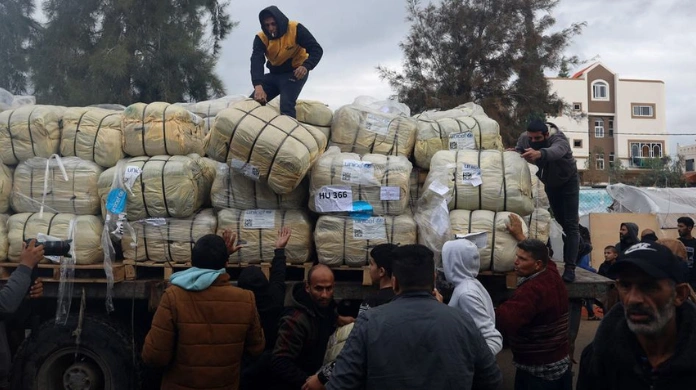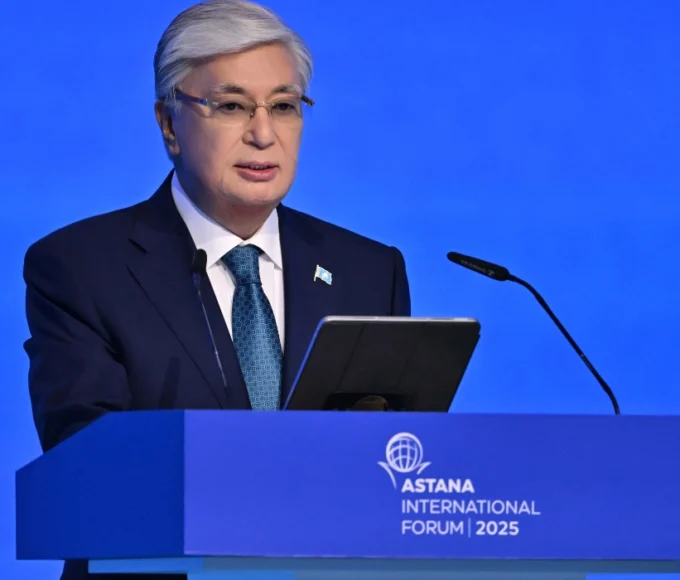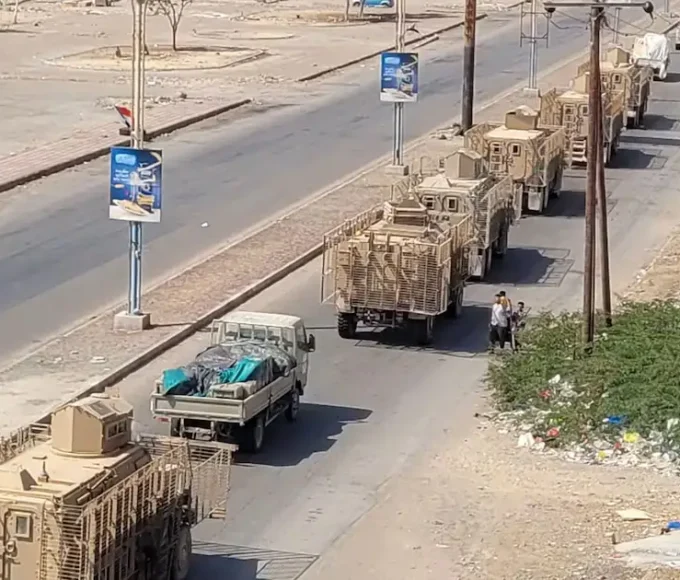The European Union has issued a strong call for Israel to intensify humanitarian assistance to Gaza, as mounting casualties and acute shortages deepen one of the gravest humanitarian catastrophes on record. Despite recent diplomatic agreements designed to improve aid flows, evidence from the ground suggests that the situation for Gaza’s 2.3 million residents remains dire.
Scale of Suffering in Gaza
Over 57,000 Palestinians are reported killed in Gaza since the conflict sharply escalated nearly two years ago. More than 137,000 have been injured, while a majority of Gaza’s population is now displaced. Families crowd into makeshift shelters as airstrikes and shelling destroy homes, hospitals, water systems, and markets. The UN and leading aid agencies warn that half a million Gazans are now one step away from famine, with acute malnutrition surging especially among children. Since March 2025, dozens of children have died from hunger-related causes, a tragedy compounded by a near-total collapse of the territory’s health system.
Humanitarian supplies remain well below the level required to meet urgent needs. Before renewed hostilities, Gaza received an average of 500 aid trucks a day. That number dropped to less than 75 in recent months. Even after the latest EU-brokered deal, daily deliveries are only about 30% of what aid officials describe as the minimum necessary. Meanwhile, persistent blackouts and the destruction of critical infrastructure have left large swathes of the territory without reliable electricity or clean water, raising the risk of widespread disease.
Brussels’ Response: Demands and Stark Warnings
EU foreign policy chief Kaja Kallas has taken a leading role in urging Israel to honor its commitments. She emphasized that any improvement “cannot just be on paper”—relief must be tangible for the people suffering in Gaza. The EU acknowledges that some progress has been made, including the reopening of aid routes and efforts to restore basic utilities, but maintains that the current level of assistance falls far short. Kallas noted that if significant improvement is not proven soon, the EU is prepared to revisit a package of proposed measures against Israel, ranging from economic sanctions to restricting visa-free travel.
The EU’s top officials stress their goal is to “improve the situation in Gaza, not to punish Israel,” but they have set a two-week deadline for measuring Israel’s compliance. If conditions do not markedly improve by the next review, tougher actions could follow.
Internal Divisions Slow EU Response
Agreement within the EU over how best to exert leverage on Israel remains elusive. Countries such as Ireland and Spain have called for a full review of the EU-Israel Association Agreement and strong action to enforce human rights obligations. Others, including Germany and Hungary, remain wary of punitive steps, favoring ongoing dialogue and monitoring. These divisions have left the EU’s collective response relatively muted, even as European leaders consistently call for an immediate ceasefire, unimpeded humanitarian access, and an end to the blockade.
Frustration from Aid Groups and the Palestinian Authority
Humanitarian organizations have been critical of ongoing restrictions, warning that administrative hurdles and destroyed infrastructure make large-scale relief distribution nearly impossible. Médecins Sans Frontières and other NGOs accuse both Israeli authorities and the EU of failing to act decisively to prevent a man-made famine, describing the level of suffering as “catastrophic.” The Palestinian Authority’s foreign minister has condemned what he calls EU inaction, citing repeated breaches of international humanitarian law.
Timeline of International Reactions
Over recent months, the EU has repeatedly condemned attacks on civilians and aid workers, called for the lifting of the blockade, and voiced alarm at the scale of the crisis. Despite regular meetings and summit declarations, concrete improvement for families on the ground remains insufficient.
Obstacles to Lasting Relief
While new agreements have led to some increase in aid deliveries, humanitarian officials caution that these steps are not enough. Ongoing violence, complex entry procedures, and damaged roads continue to disrupt supply chains, leaving large portions of Gaza’s population without enough food, medicine, or fuel.
Pivotal Weeks Ahead for Gaza’s Civilians
With two weeks to demonstrate meaningful improvement, Israel faces intensifying scrutiny as the EU signals a readiness to apply greater pressure. For Gaza’s civilians—battered by conflict, hunger, and displacement—the world is watching to see if diplomatic promises will finally translate into real relief. As the deadline approaches, the stakes for millions trapped in the crisis could not be higher.








